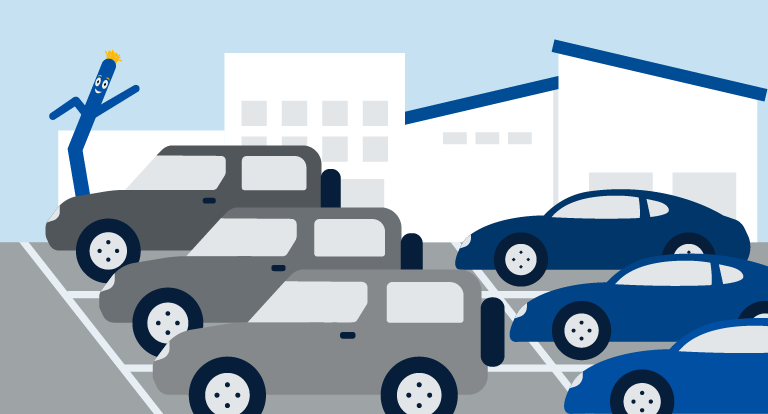Motor vehicle duty
You pay duty when registering or transferring a vehicle.

What is motor vehicle duty?
Motor vehicle duty is collected by VicRoads when an application is made to register or transfer the registration of a vehicle in Victoria. It applies to passenger and non-passenger vehicles, with rates based on the vehicle type and value. Duty collected supports a range of public services.
Understanding motor vehicle dutyCalculators
Stay updated
Useful information
Legislation and regulations
Get in contact with us
Subscribe to our email



